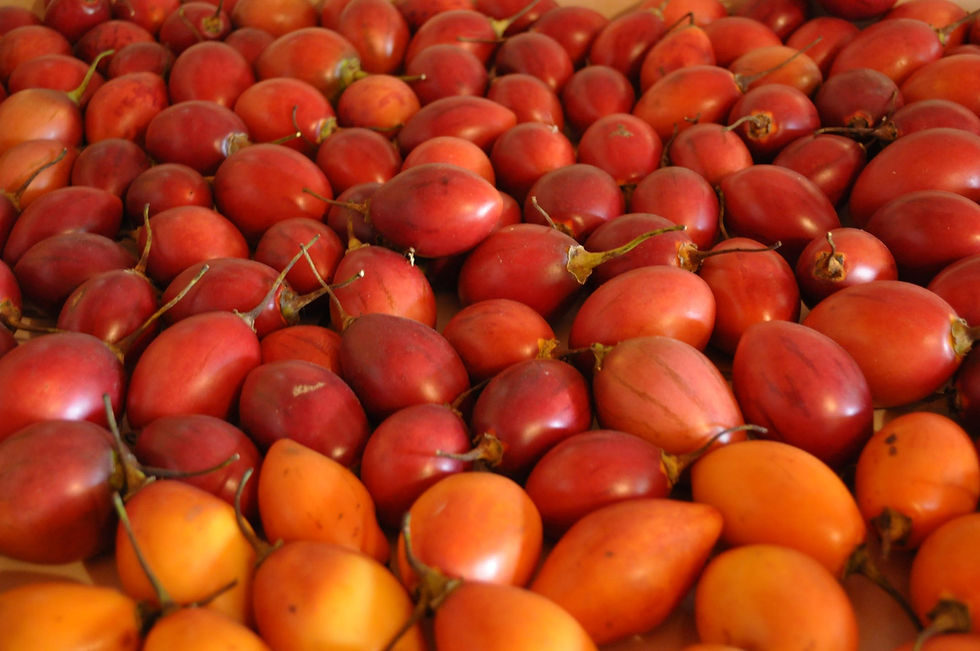Yanapana's Photo Gallery

A castration in process

People from Lucre bring their animals for a check-up

The vets in Lucre in a pre-campaign briefing

Workshop about animal care with local children
Animal health campaign in Lucre
Lucre is a small village just outside of Cusco. The once yearly veterinary campaign held in conjunction with the Humane Society and Vida Digna also visits this small town. Most people have a donkey or a mule that needs a dental or general health check-up, a castration or simple vaccination.
Manchayhuaycco School Project
Yanapana has implemented a small nutrition project at this remote school. Mis Amigos los Alimentos focusses basically on improving the children’s diet.
Guinea pigs Yanapana’s project includes raising guinea pigs for consumption. This is an excepcionally rich source of protein.

Students from the school chatting with guests during the school break

Guinea Pigs Yanapana’s project includes raising guinea pigs for consumption. This is an excepcionally rich source of protein

From time to time, groups of MLP clients visit the school. Clients get an idea of what kind of education the children receive and the students come into contact with people from other cultures.

The little school is located in an area of great natural beauty, amidst snow covered peaks and towering mountains. Yanapana has constructed a little greenhouse for growing important vegetables right next to the school.

Yanapana also funds raising chickens both for their eggs and the meat.

More chickens in their shed.
Knitting group
The knitting group has always produced beautiful clothes and accesories. They specialize in making accessories such as scarves, gloves, hats, neck warmers and ponchos, though they do not shy away from producing large items such as sweaters and even dresses! MLP customers visit their little shop in Mollepata regularly.

Bertha loves knitting big items like sweaters

Eugenia is very energetic: she sells ice creams, owns horses and is a mule driver along the Salkantay trail and has a corner shop in Mollepata. In between all these activities, she finds the time to knit her beautiful textiles.

Ayde has a little restaurant in Mollepata and is and enthusiastic member of the knitting group.

Zenaida dedicates much of her time to her family, though there is always time for knitting.

Gabina knits scarves and neck warmers.

Vicentina is very active in all sorts of social committees in Mollepata. Knitting serves as therapy in her case.
Weaving group
Dyeing wool naturally
Yanapana and MLP work with local weavers living in the town of Mollepata. Gilda and her partners endeavor to use natural dyes whenever possible. The process of dying sheep and alpaca wool is tedious, but the end result is worth the while.

Dyeing wool in Mollepata

Dyeing wool in Mollepata

Using herbs and plants

Producing a naturally occurring yellow dye

Wool turning yellow

Yellow colored wool
Mollepata
Mollepata is a peaceful village at the very beginning of the Salkantay trail. The pace of life is slow and indeed, life goes on in much the same way that it has for centuries. Several projects funded by Yanapana are located in this small town.

Another street scene in Mollepata

Main square in Mollepata

Quiet Street in Mollepata
Honey production in Rampac
Leonardo and Meliana live in Rampac, a small village not far from the main town of Mollepata, the starting point of the Salkantay trail. They have their own farm, where they raise livestock and grow all kinds of crops. They are also excellent beekeepers and their delicious honey is served at MLP’s lodges.

Extracting honey

Having a look at the beehives

Extracting honey.

Dark honey flowing into a little container

Extracting honey

Preparing smoke to stun the bees.
Margarita’s jams

Aguaymanto (Physalis Peruviana) plant and fruit

Margarita in her shop where she sells her home made jams using locally grown tropical fruit

Jars containing jam on sale at Margarita´s shop

Delicate little “Sacha tomate” (Solanum Betaceum), a tart tasting fruit that can be converted into a delicious jam
Lucmabamba coffee production
MLP encourages the production of coffee grown locally and processed in Lucmabamba. Local coffee is served at the lodges and sold directly to MLP’s customers.

Coffee seeds

Coffee harvest

Dried coffee seeds

Toasting coffee beans

Toasted coffee beans

Grinding the coffee beans
